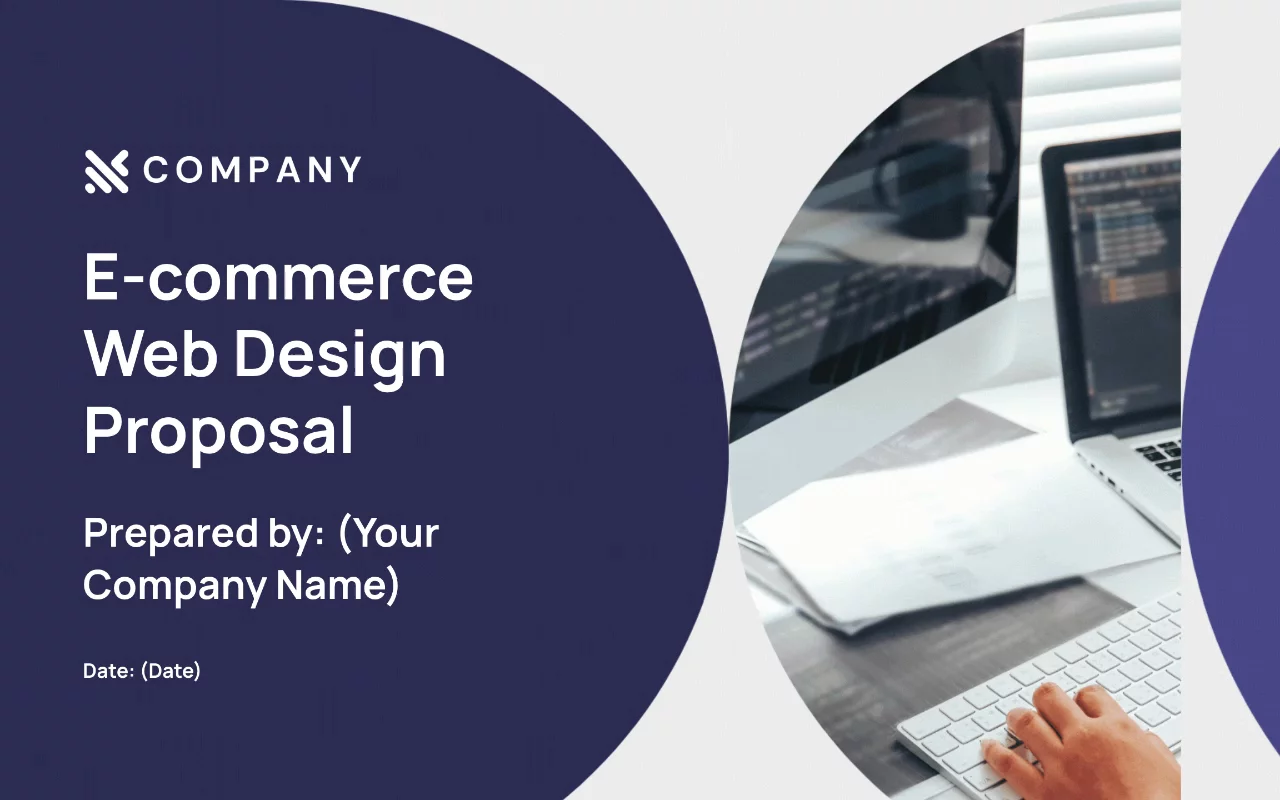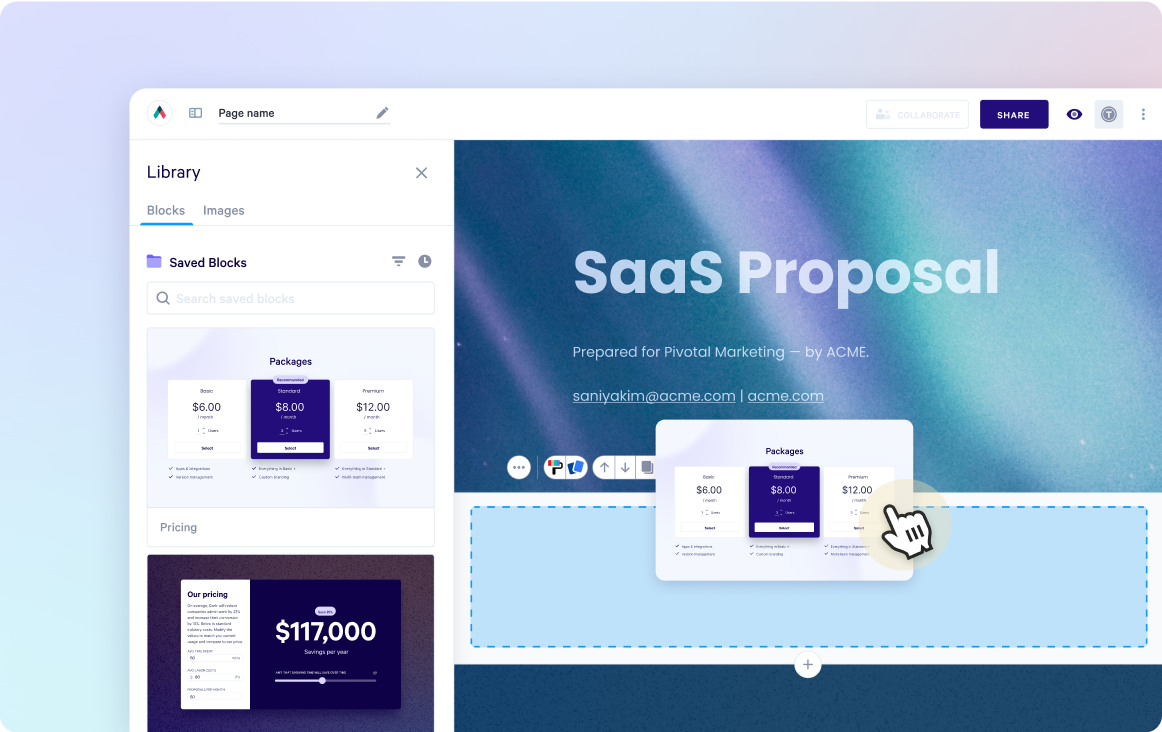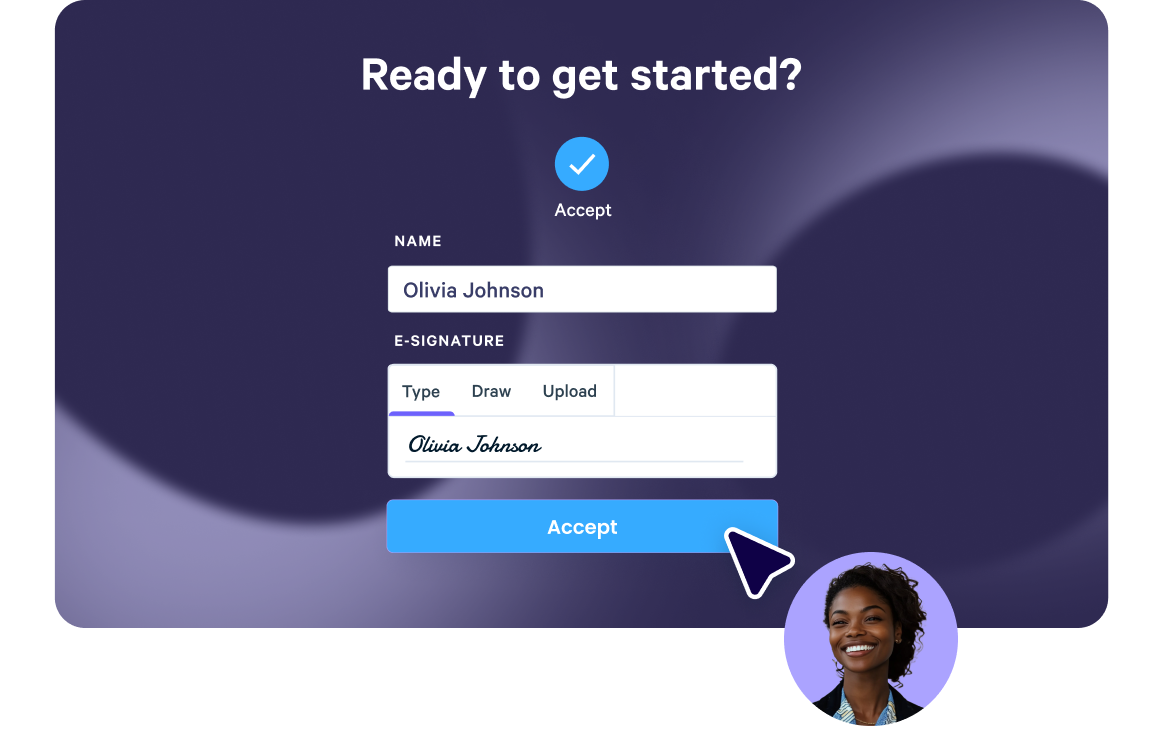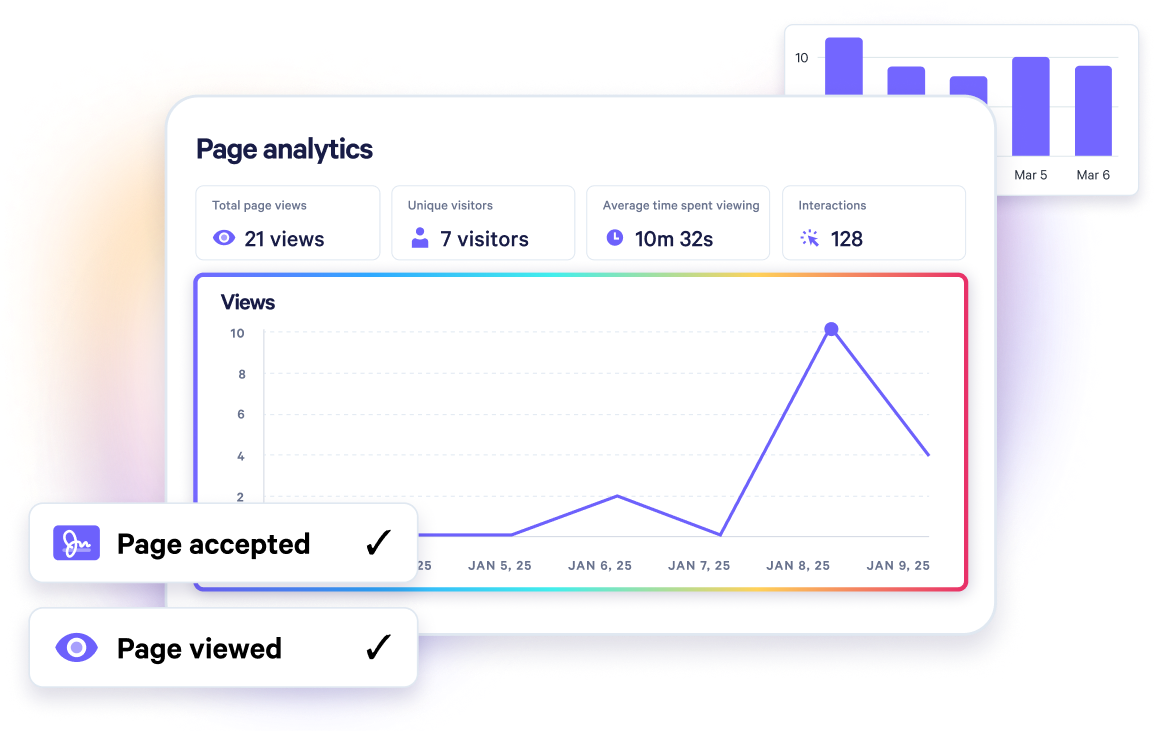E-commerce Web Design Proposal
Demonstrate your approach with our compelling eCommerce Web Design Proposal Template – present an enticing design plan for a visually appealing and user-friendly eCommerce experience.

About this template
Attract potential clients and navigate through complex web design proposal cycles with our user-friendly eCommerce Web Design Proposal Template. It promises a smooth proposal experience, helping your team secure more eCommerce website contracts and expanding your business.
What's included?
- Executive summary
- Understanding your needs
- Your priorities
- 12-month goals
- Our services
- About us
- Investment
- Get in touch
Why Qwilr?
Design interactive proposals
Impress buyers with interactive proposals that stand out. Qwilr’s drag-and-drop editor makes it easy to create on-brand, stunning collateral — no design skills needed. Add videos, dynamic pricing, and ROI calculators to deliver a unique experience, while automated brand customizations ensure every proposal looks professional.

Built-in e-sign functionality
Combine stunning proposals, plain-text agreements, and secure e-signatures in one tool. Add print-friendly agreements alongside dynamic content and collect legally compliant e-signatures with ease. Track progress, capture multiple signatures, and close deals faster with Qwilr’s integrated e-sign functionality.

Real-time proposal analytics
Qwilr’s analytics provide full visibility into buyer engagement. Track when proposals are opened, signed, or shared, and get instant notifications for key buyer activities. See what buyers click on, how they engage, and prioritize follow-ups based on real-time insights—all designed to help close deals faster.

Templates for every use case
Explore templates for sales, marketing, customer success, sales enablement and more.
Explore proposal templatesFrequently asked questions
Your eCommerce Web Design Proposal should include a comprehensive overview of the client's business needs, a detailed scope of work, a timeline for project completion, pricing and payment terms, and a showcase of your agency's expertise in eCommerce web design. By addressing their specific needs, demonstrating your expertise, and highlighting your agency as the right choice, you can instill confidence in potential clients and secure their trust.
- Clearly outline the client's business needs and goals for their website.
- Showcase your business's expertise and experience in eCommerce web design.
- Provide a detailed timeline and budget breakdown for the project.
- Include examples of successful eCommerce websites you have designed.
- Offer additional services such as SEO optimization and ongoing maintenance.
- Emphasize your ability to handle any challenges and keep the project on track.
- Differentiate your business from competitors by highlighting unique selling points.
- Use a professional and visually appealing design to make a strong impression.
- Understand your client's unique business needs and goals for their website.
- Showcase your business's expertise and experience in creating successful ecommerce websites.
- Differentiate yourself from other agencies by highlighting your ability to navigate challenges and keep projects on track.
- Demonstrate your understanding of the evolving nature of ecommerce and how your designs can adapt to future changes.


